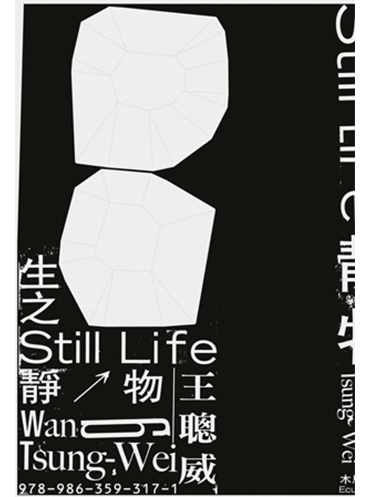An unexpected, violent confrontation between Mei-Chun and her husband leaves her body bruised and her life shattered. Mei-Chun’s resolve holds firm; she takes her daughter, moves out, and serves her husband with a divorce settlement. She does not wish to part with him, but she will not simply submit, so she moves in with an emotionally generous friend from college and waits for her husband to step up and apologize. The wait is paralyzing for someone who has already endured severe emotional damage; unable to work or conduct her life normally, she relies on her friend more and more for support as she gradually cuts all ties to the real world.
Still Life is a work of monologue as broken dialogue. Every chapter features the utterance of a different character, often speaking in the confessional or accusatory second person as well as in the first. But do these soliloquies ever connect to their intended recipients, or are they spoken into the ever-present void between individual spirits?
Wang Tsung-Wei, a literary craftsman well-acquainted with stories of passion, obsession, and loneliness, offers us here his newest piece of emotional artisanship, in which many voices stand on their own, singing to each other, and to the darkness surrounding them.
